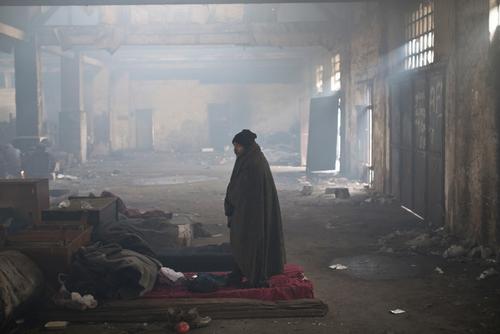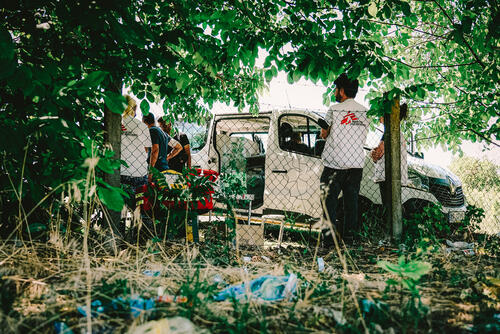In Serbia, we provide general medical consultations and essential items, such as blankets and hygiene kits, to migrants and refugees in Belgrade, and to people on the move in border areas.
Our activities in 2023 in Serbia
Data and information from the International Activity Report 2023.
23
23
€0.9 M
0.9M
1991
1991
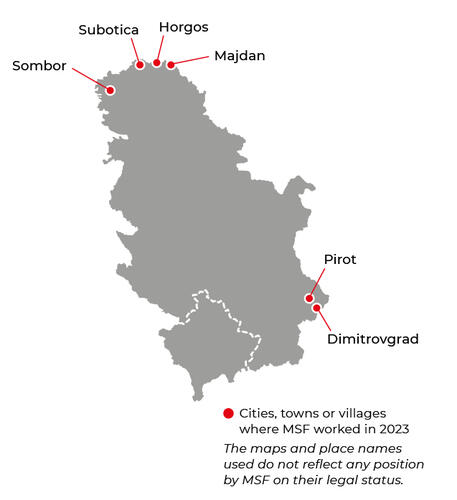

19,700
19,7
320
32
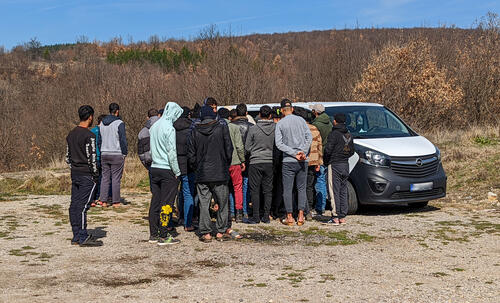
EU must increase scrutiny on border force activities in Balkan countries
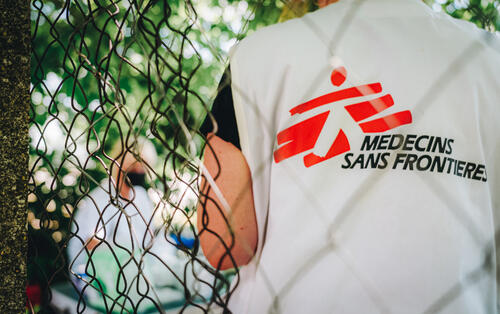
Alarming violence occurring at Hungary-Serbia border
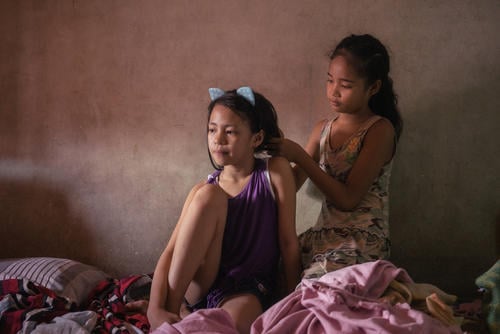
A year in pictures 2017
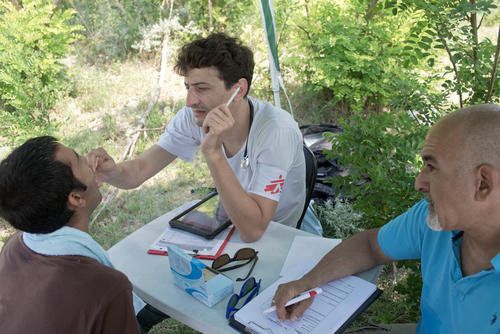
Children repeatedly abused by border authorities
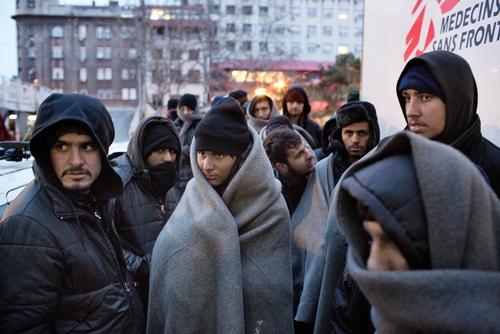
MSF denounces the widespread violence on migrants and refugees at the Serbian/Hungarian border
